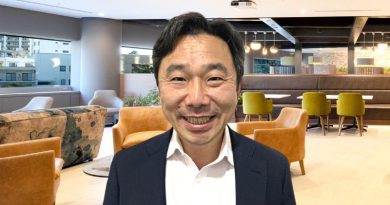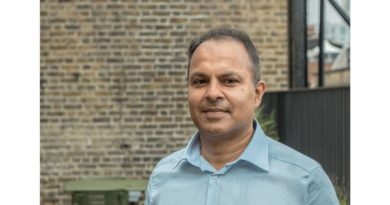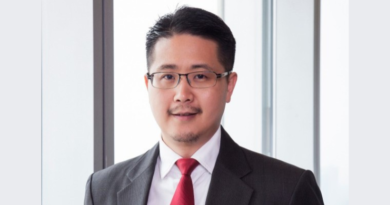Quarz Capital’s Jan F. Mörmann on the role of activist funds in Asia
Quarz Capital Asia is a Singapore-based asset manager founded in 2015 by Chief Investment Officer Jan F. Mörmann. Its two main funds, Quarz Active Value and Quarz Global Opportunities, use a deep value and activist strategy focusing on small and mid-cap undervalued equities in Singapore, Hong Kong, Australia and Japan. Quarz engages directly with the boards and management teams of its target companies and aims to create value by tackling structural, capital and operational issues. Hedge Funds Club’s Stefan Nilsson talked with Jan about Quarz’s take on activism, corporate governance in Asia and portfolio concentration.
As an activist fund manager, you have taken a rather public approach to your investment management. Is “naming and shaming” firms and their boards and management teams the most effective way or is there also room for private discussions to get what you want as a fund manager?
Our public engagements form the tip of the iceberg of what we do in our active investing strategy. Our normal approach is to purchase substantial minority stakes in undervalued companies and discuss the execution of various value-enhancing proposals with the companies’ key stakeholders such as the management team, board of directors and key shareholders. It is only when we recognise that the management team and board of directors are not keen to promptly implement these key shareholder value-improvement strategies that we go public with our engagement. The public engagements galvanise our support from the rest of the shareholders as they are made aware of the companies’ potential. It also poorly reflects on the board and management team and puts pressure on them to perform better. More than 60% of the companies we publicly engage with have been privatised or taken over with a more than 30% increase in their share price while 90% of the companies we actively engage with have improved their share prices.
How do you as an activist fund manager avoid the image of being seen as a confrontational trouble-maker? Does PR come into your thinking and how things look publicly or is that not a concern?
Only directors and management teams of poorly managed companies see us as “confrontational trouble-makers” as they have neither fulfilled their fiduciary duties nor acted in the best interest or benefit of their shareholders! We are exceptionally transparent with our thesis and proposals for the companies which we release publicly on our websites, in open letters and in presentations when we undertake our open engagements. This provides a good comparison to the counterarguments and excuses made by the board and management of the companies. The investment community, shareholders and media in Asia are increasingly sophisticated and understand that an activist fund manager’s main objective is in the best interest of shareholders. They have a positive view of our public engagement and are supportive of our stand to improve things.
How much of a role does culture play in the different views of an opportunity in the activist space? In the past, several high-profile foreign activist managers failed miserably in Japan because they seemed to have misunderstood how business is done locally and what the reactions to their moves would be.
Companies in Asia generally are managed in an overly conservative manner which results in their strong tendency to retain a substantial amount of cash, real estate assets – such as factories and offices – and minimal use of debt. They also tend to have more non-core assets and operations due to legacy reasons which further depresses margins, return on equity and returns to their investors. As such activism in Asia is quite different from Europe or the US where activist investors generally target companies that are usually poorly managed and have much weaker balance sheets. In Asia, we mainly target companies that have too high levels of assets and cash and should return the capital to their shareholders, take more leverage and work their balance sheet harder. One of the key criteria, before we build a position in a particular company, is that we discuss our plans with their existing shareholders to see if they are supportive of our actions to improve the company.
Is corporate governance in Asia improving or is it still a major issue in many local and regional firms?
Corporate governance in developed Asia – Singapore, Hong Kong, Australia and Japan – has improved significantly although it still generally lags the US and developed Europe. With the younger generations who are often educated in the best schools in the West taking up key management and board positions, we are positive that this will further drive the improvement in corporate governance and ESG standards of Asian firms.
You seem to have a relatively concentrated portfolio. As your firm grows, are you likely to include more names in your research and portfolio or will you just increase stakes and keep the number of portfolio firms small?
We will retain our current strategy of managing a relatively concentrated portfolio of 15-20 positions of “best ideas”. Our flagship fund, Quarz Active Value, has a 5-year CAGR of more than 17% p.a. net of fees. We believe that our strategy of committing significant resources into undertaking in-depth due diligence – hiring consultants and industry experts, talking to competitors, suppliers, potential acquirers – will continue to allow us to generate a significant level of alpha with a lower level of volatility for our investors. We believe in only investing in companies that we fully understand and have an exit strategy for.









